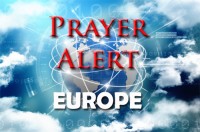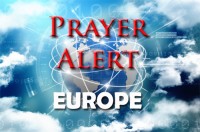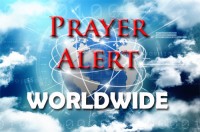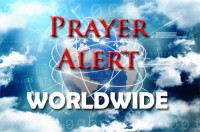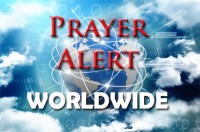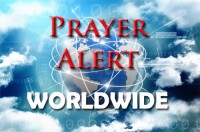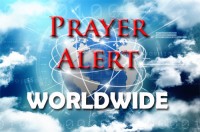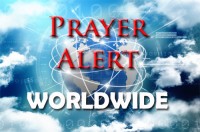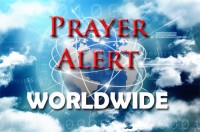Remembrance 100
From 4 August to 11 November 2018 there will be a hundred days of prayer for peace, marking the centenary of the end of World War 1. Some 65 million men were mobilised across Europe during this war. On 11 November, people will remember them, but also will pray and work for peace. On 4 August 1918, George V called for 100 days of prayer across the country. This year, throughout those 100 days, there will be prayers and actions for peace. People can sign up to take part and spend just a few minutes of their day, adding their prayers to those of tens of thousands more throughout the season of prayers for peace. The period will culminate in Peace Parties on 11 November in communities across the nation. For details of the many organisations providing resources needed to stage a local event, click the ‘More’ button.
Belarus: LGBT row with UK embassy
Belarus has accused the UK embassy in Minsk of ‘creating problems’ by flying a rainbow flag for International Day Against Homophobia. The embassy said the banner directed attention to the discrimination that LGBT people encounter constantly. But the interior ministry said the majority of Belarusians ‘support traditional family values’, and ‘such statements are a challenge to these values’. Alexander Lukashenko, who has led Belarus for nearly a quarter-century, believes it is ‘better to be a dictator than gay’. Orthodox Christianity is Belarus’s major religion, with significant Roman Catholic, Protestant and Jewish communities. Homosexuality is not illegal but it is considered taboo: Belarus passed legislation in 2016 banning information that ‘discredits the institution of the family and marriage’.
Sweden: migration and approaching elections
Far-right Sweden Democrats (SD) have seen growing support in polls as campaign discourse focuses on refugees and migrants. With national elections due in September, migration policy is shaping up to be a core campaign issue for parties across the political spectrum. Linda Snecker, for the Left Party, believes the increasing focus on migration is changing the political landscape. While 27,000 people applied for asylum in 2017, immigration minister Helene Fritzon said the country should only grant asylum each year to 14,000 -15,000 applicants. SD claim their party does not oppose immigration, but argue that it ‘must be kept at such a level that it does not pose a threat to national identity or the welfare and security of Sweden’. Many SD members share, spread and sympathise with news and propaganda sites connected to white nationalism.
North Korea: summit cancelled
President Trump cited 'tremendous anger and open hostility' from North Korea as reasons for cancelling a landmark meeting with Kim Jong-un on 12 June in Singapore. In a letter to Kim he said, ‘It is inappropriate, at this time, to have this long-planned meeting. The world and North Korea have lost a tremendous opportunity for lasting peace and great prosperity and wealth. This missed opportunity is truly a sad moment in history.’ His announcement came two days after he hosted South Korean president Moon Jae-in in Washington for talks widely seen as a salvage effort to ensure the summit went ahead. A statement from Pyongyang referred to vice-president Mike Pence as a ‘political dummy’, and said it is just as ready to meet in a nuclear confrontation as at the negotiating table with the United States.


